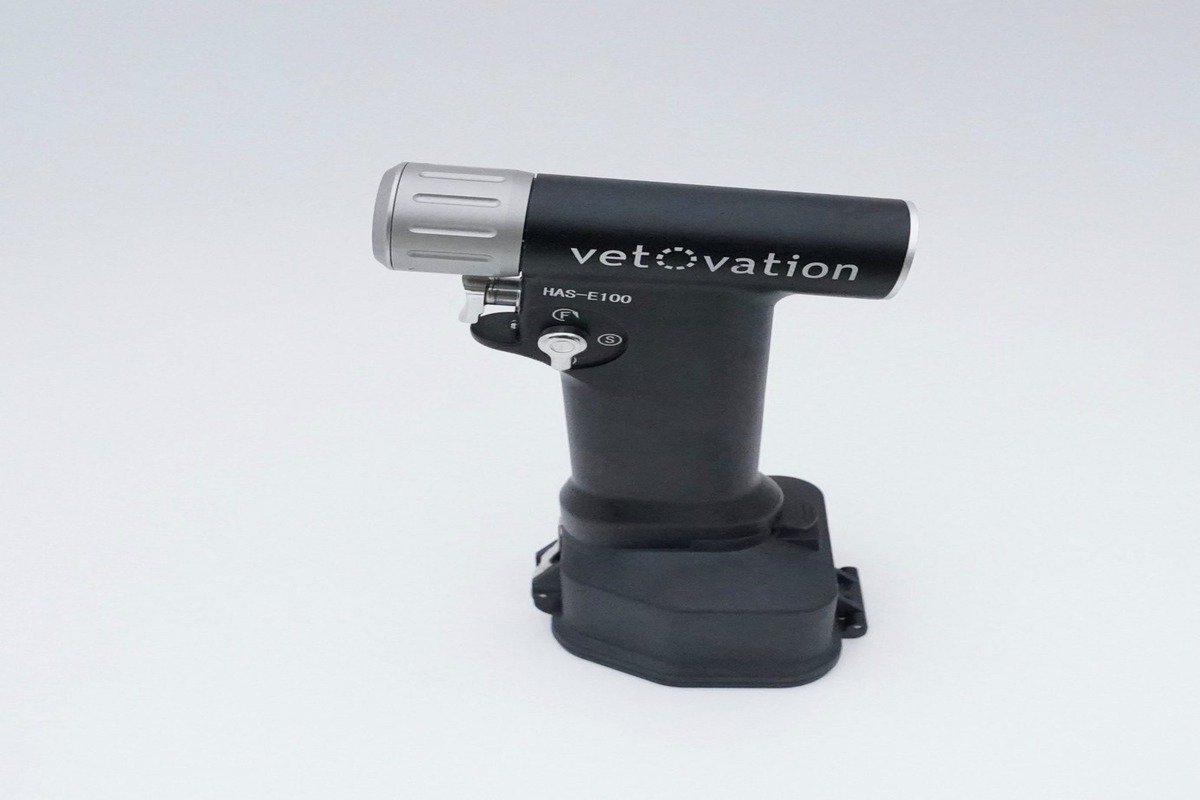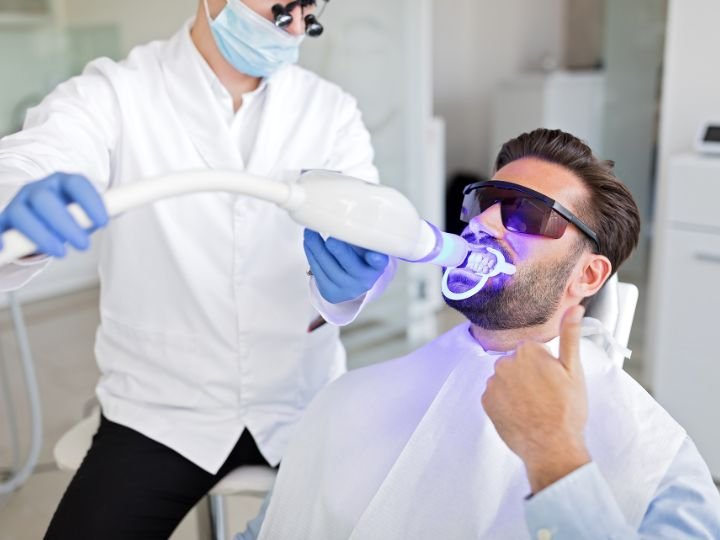Introduction: Revolutionizing Telehealth Services with Virtual Assistants
The healthcare industry is undergoing a significant transformation with the rise of telehealth services, especially in light of recent global events. Telehealth allows patients to access healthcare remotely, making it easier for individuals to consult medical professionals without leaving their homes. As telehealth grows, so does the need for efficient administrative support to ensure a smooth, streamlined patient experience. This is where virtual medical assistants come into play.
Virtual medical assistants (VMAs) provide essential services such as appointment scheduling, patient management, insurance verification, and more, all done remotely. These assistants are particularly crucial in telehealth environments where practitioners may not be physically present with their patients. The role of VMAs expands beyond medical offices to include virtual dental offices, with virtual dental receptionists supporting patients and office management.
In this article, we’ll explore the many benefits of virtual assistants in telehealth, including their impact on medical and dental practices, the role of a health virtual assistant, virtual care assistants, and how these services improve patient care and practice efficiency.
The Role of Virtual Medical Assistants in Telehealth Services
Virtual assistants are revolutionizing telehealth services by providing much-needed support in administrative and operational tasks. These professionals handle everything from answering patient inquiries to managing Electronic Health Records (EHR) and processing medical claims. In telehealth services, the role of VMAs becomes even more significant as healthcare providers rely on remote interactions with patients.
Key Functions of Virtual Medical Assistants:
-
Scheduling Appointments: Virtual assistants efficiently manage appointment scheduling and cancellations, which is especially important in telehealth when timely consultations are crucial.
-
Insurance Verification: Ensuring that patients’ insurance is verified and up-to-date is essential for both medical and dental telehealth services. Virtual assistants handle this process, ensuring smooth claims processing.
-
Telehealth Setup Support: VMAs can assist patients with setting up video consultations, ensuring that all technical requirements are met for a smooth session.
-
Medical Billing & Coding: Virtual assistants are trained in coding and billing, ensuring that all services rendered during telehealth appointments are accurately billed to insurance companies.
Virtual Dental Office: The Shift Towards Remote Care
The growing adoption of telehealth is not limited to general medicine; dental practices are also leveraging virtual services. Virtual dental offices are online platforms that allow patients to receive consultations and manage their dental care remotely. These platforms provide the same administrative services as a traditional dental office but allow for greater flexibility and accessibility.
A virtual dental receptionist plays a vital role in ensuring that these virtual offices operate efficiently. These receptionists handle patient communications, appointment scheduling, and even insurance verifications—all remotely. Having a virtual dental receptionist can reduce overhead costs associated with in-person staff and make the practice more agile and responsive to patient needs.
Services Provided by Virtual Dental Receptionists:
-
Appointment Scheduling: A virtual dental receptionist manages patient appointments, ensuring that patients are seen on time and are reminded of their appointments.
-
Patient Communication: Virtual receptionists provide clear communication, ensuring patients are informed about their appointments and any necessary pre-consultation steps.
-
Insurance Verification: A virtual dental receptionist is responsible for checking and verifying patient insurance, ensuring that the claims process is smooth.
The Benefits of Medical and Dental Virtual Assistants
The healthcare and dental industries can greatly benefit from medical and dental virtual assistants. These professionals handle essential administrative duties, giving providers more time to focus on patient care. Here are some key benefits:
1. Cost Efficiency
Hiring a virtual assistant eliminates the need for in-office staff, reducing overhead costs like office space, utilities, and equipment. Practices can scale up or down depending on their needs without worrying about the additional cost of hiring full-time staff.
2. Increased Operational Efficiency
Virtual assistants manage tasks like appointment scheduling, EHR management, insurance verification, and follow-ups—activities that might otherwise overwhelm in-house staff. As a result, healthcare providers can deliver services more efficiently, improving patient satisfaction and care outcomes.
3. Enhanced Patient Experience
Virtual assistants improve patient experiences by providing timely reminders, follow-up calls, and easy access to appointment scheduling. These features can increase patient retention and satisfaction, as patients appreciate the convenience and responsiveness of virtual care services.
4. 24/7 Availability
In a virtual healthcare setting, it’s crucial to provide patients with support whenever they need it. Virtual assistants are available around the clock, ensuring that no matter when a patient needs help, they can access it quickly.
The Role of Health Virtual Assistants in Telehealth
A health virtual assistant is a specialized professional who supports healthcare providers by managing both clinical and administrative duties. Health virtual assistants are well-versed in telehealth technology and can assist with tasks like virtual consultations, follow-up care, and patient record management.
Health virtual assistants also ensure that practices remain compliant with healthcare regulations, including HIPAA, by securely managing patient data.
How Health Virtual Assistants Improve Telehealth:
-
Patient Communication: They handle all communications with patients, providing reminders, answering queries, and following up after appointments.
-
Data Management: Virtual assistants manage patient data and ensure all electronic health records (EHR) are up-to-date and accurate.
-
Telehealth Support: Virtual assistants help both patients and healthcare providers set up and manage telehealth platforms to ensure smooth consultations.
Virtual Care Assistants: A Key Part of Telehealth Success
A virtual care assistant is a remote healthcare support professional who assists healthcare providers with the patient care process, primarily in a telehealth setting. These assistants play a key role in ensuring that telehealth appointments run smoothly.
Virtual Care Assistants and Their Impact on Telehealth:
-
Pre-Consultation Tasks: They ensure that patient records are up to date and assist patients with the technical aspects of telehealth, such as connecting to the consultation platform and ensuring their devices work properly.
-
In-Consultation Support: During telehealth consultations, virtual care assistants may take notes, record medical data, and provide technical support if needed.
-
Post-Consultation Follow-Up: After a consultation, virtual care assistants can handle follow-up communications, schedule subsequent appointments, and even handle patient billing.
Why Healthcare Providers Should Choose Virtual Assistants for Telehealth
The benefits of employing virtual assistants for telehealth services are clear. These assistants help providers streamline administrative tasks, increase operational efficiency, and improve the overall patient experience. The integration of healthcare virtual assistants, virtual dental receptionists, and medical and dental virtual assistants into telehealth services allows practices to deliver better care while reducing costs and maintaining a high level of patient satisfaction.
Frequently Asked Questions (FAQs)
1. What is a virtual medical assistant, and how can it benefit my practice?
A virtual medical assistant is a remote professional who handles administrative and support tasks, such as appointment scheduling, billing, and patient communication. By using a virtual assistant, you can reduce overhead costs and improve efficiency.
2. How can a virtual dental receptionist improve my dental practice?
A virtual dental receptionist helps manage appointments, patient inquiries, insurance verification, and other administrative tasks remotely. This allows your practice to operate more smoothly and reduces the need for in-office staff.
3. Is telehealth secure with virtual assistants?
Yes. Virtual assistants working in telehealth are trained to follow HIPAA guidelines and ensure that patient data is kept secure. This ensures that your practice stays compliant with privacy regulations.
4. Can a virtual care assistant help with telehealth appointments?
Yes, virtual care assistants are specifically trained to assist during telehealth appointments by providing technical support, managing patient information, and ensuring smooth communication between patients and healthcare providers.
5. What tasks can medical and dental virtual assistants handle?
Medical and dental virtual assistants handle a variety of tasks, including appointment scheduling, billing and coding, insurance verification, patient follow-ups, and technical assistance during virtual consultations.
Conclusion: Embrace the Future of Telehealth with Virtual Assistants
As telehealth continues to evolve, the role of virtual assistants becomes more critical in ensuring that healthcare services are efficient, patient-focused, and cost-effective. Whether you’re looking to integrate a virtual dental office, hire a virtual dental receptionist, or need assistance with medical and dental virtual assistants, incorporating virtual assistants into your telehealth services will provide immense benefits.
By reducing overhead costs, improving operational efficiency, and enhancing patient care, virtual assistants are not just a trend—they’re a necessary part of the future of healthcare.















Leave a Reply